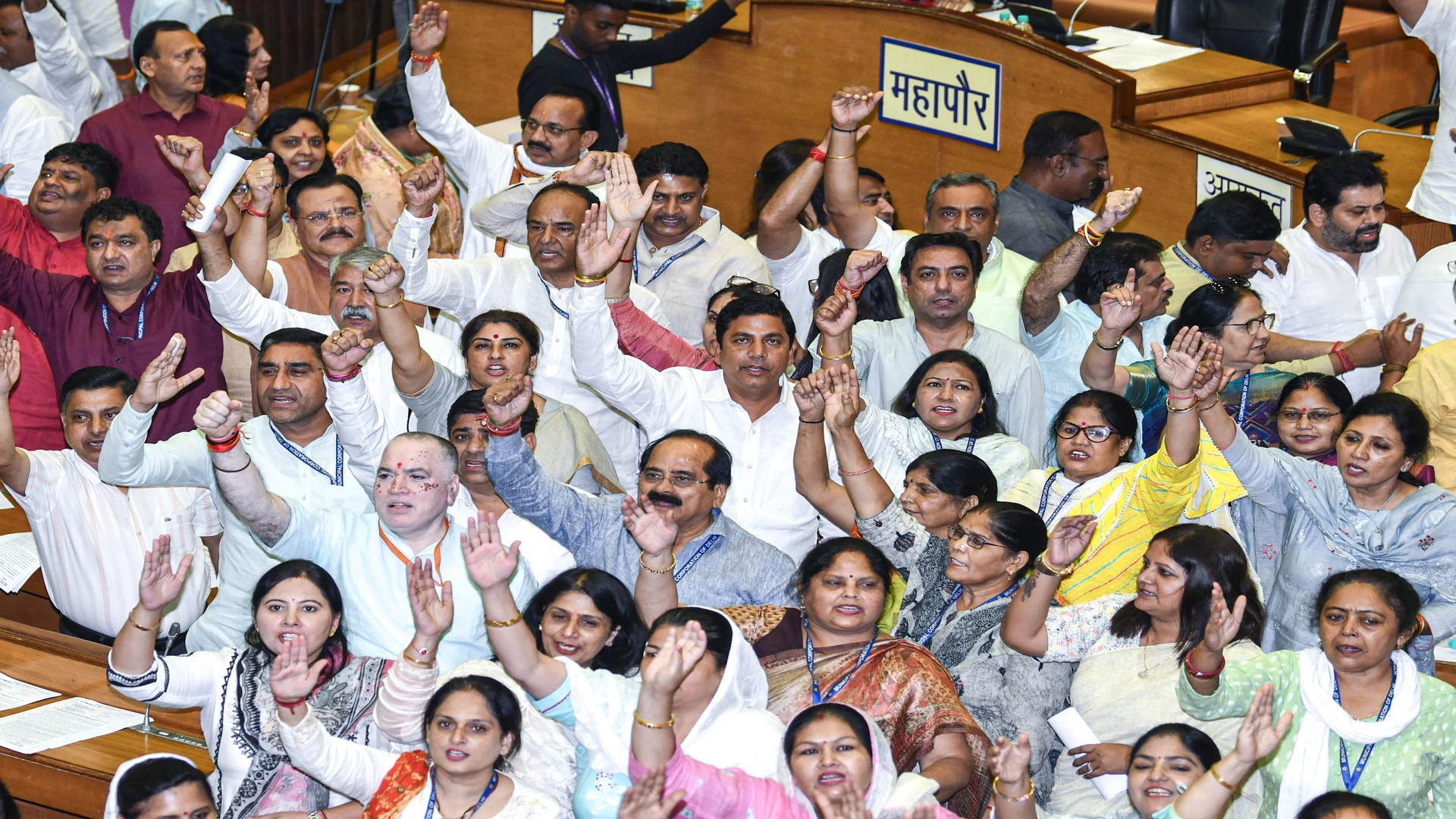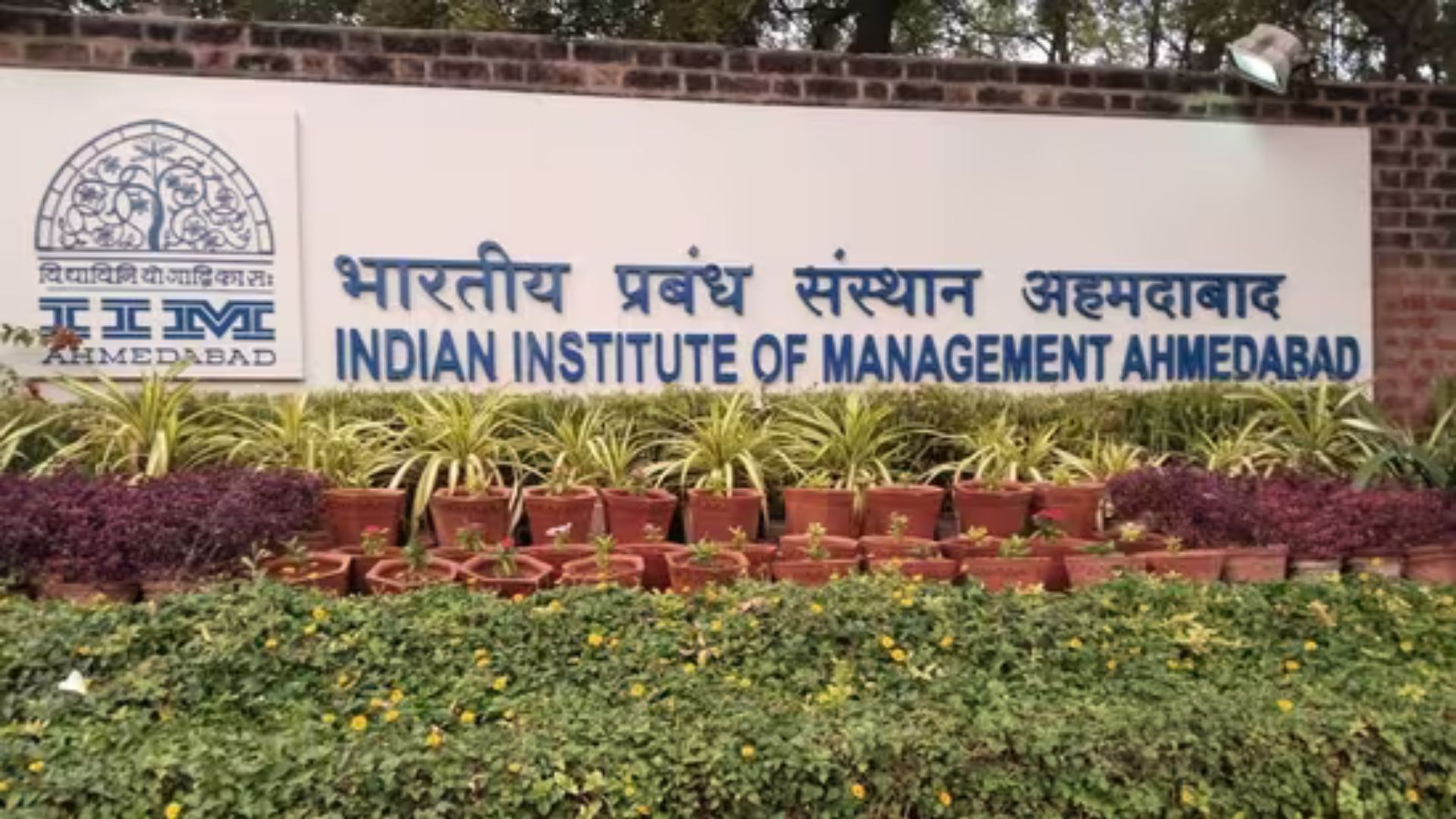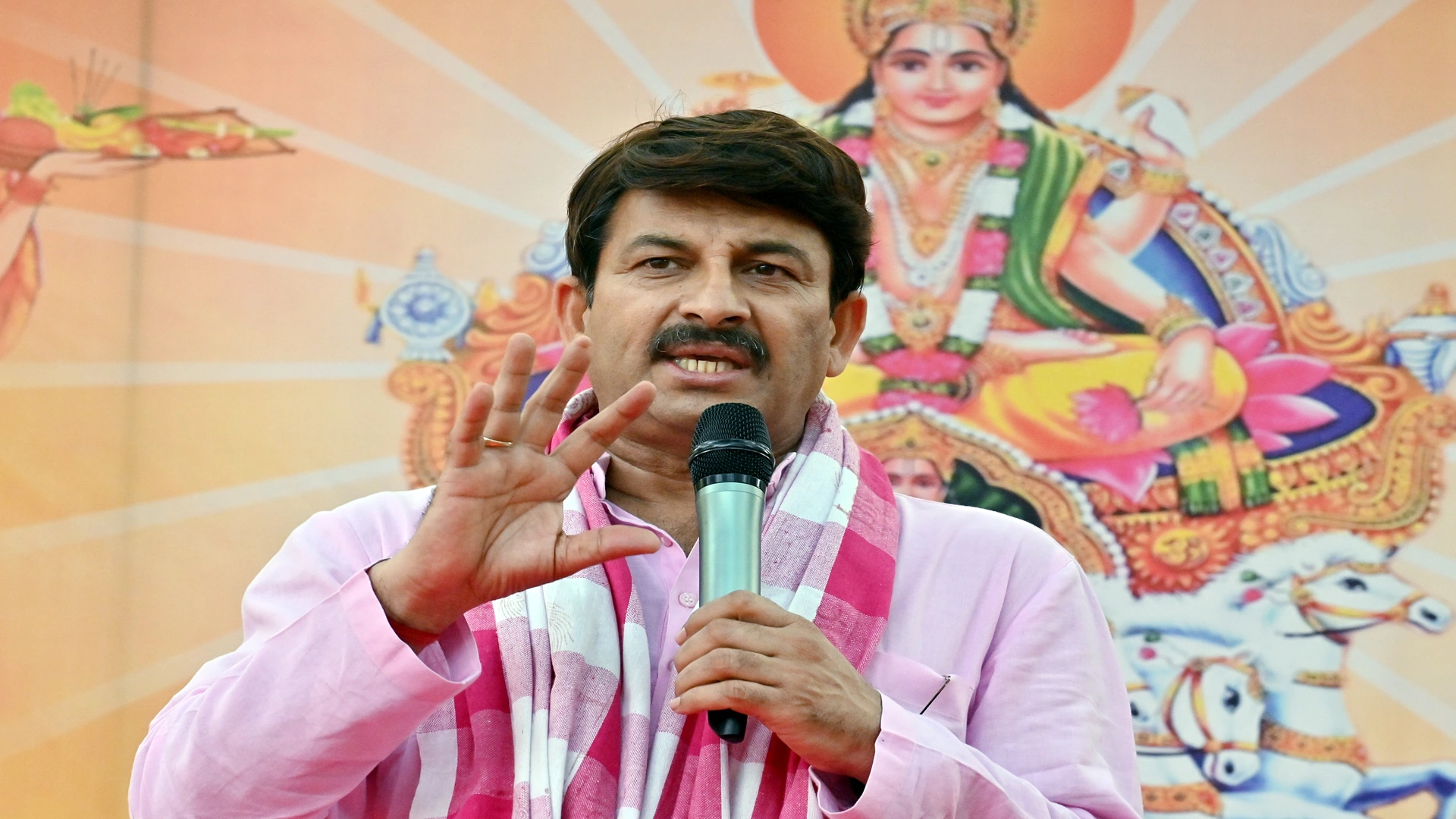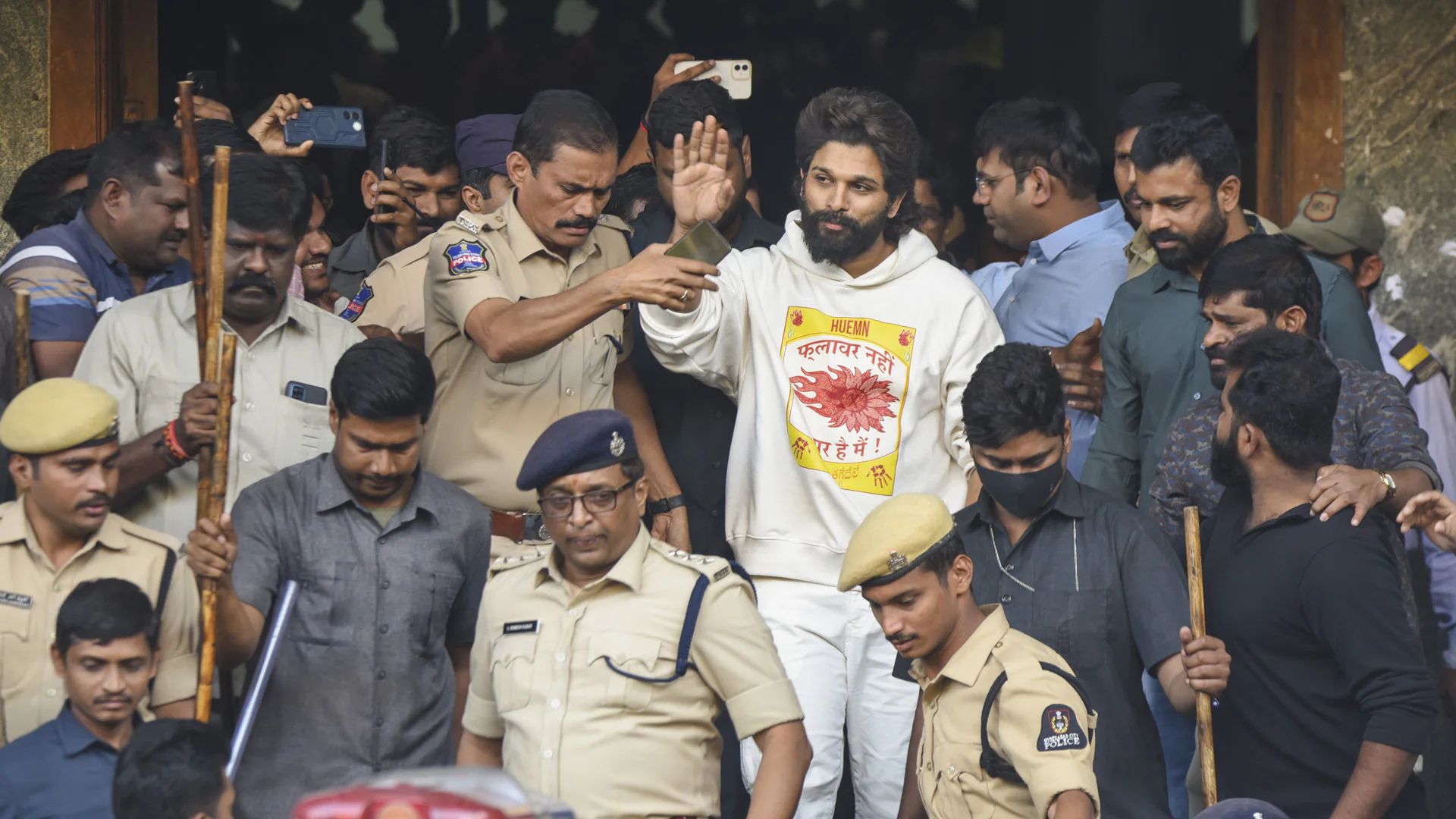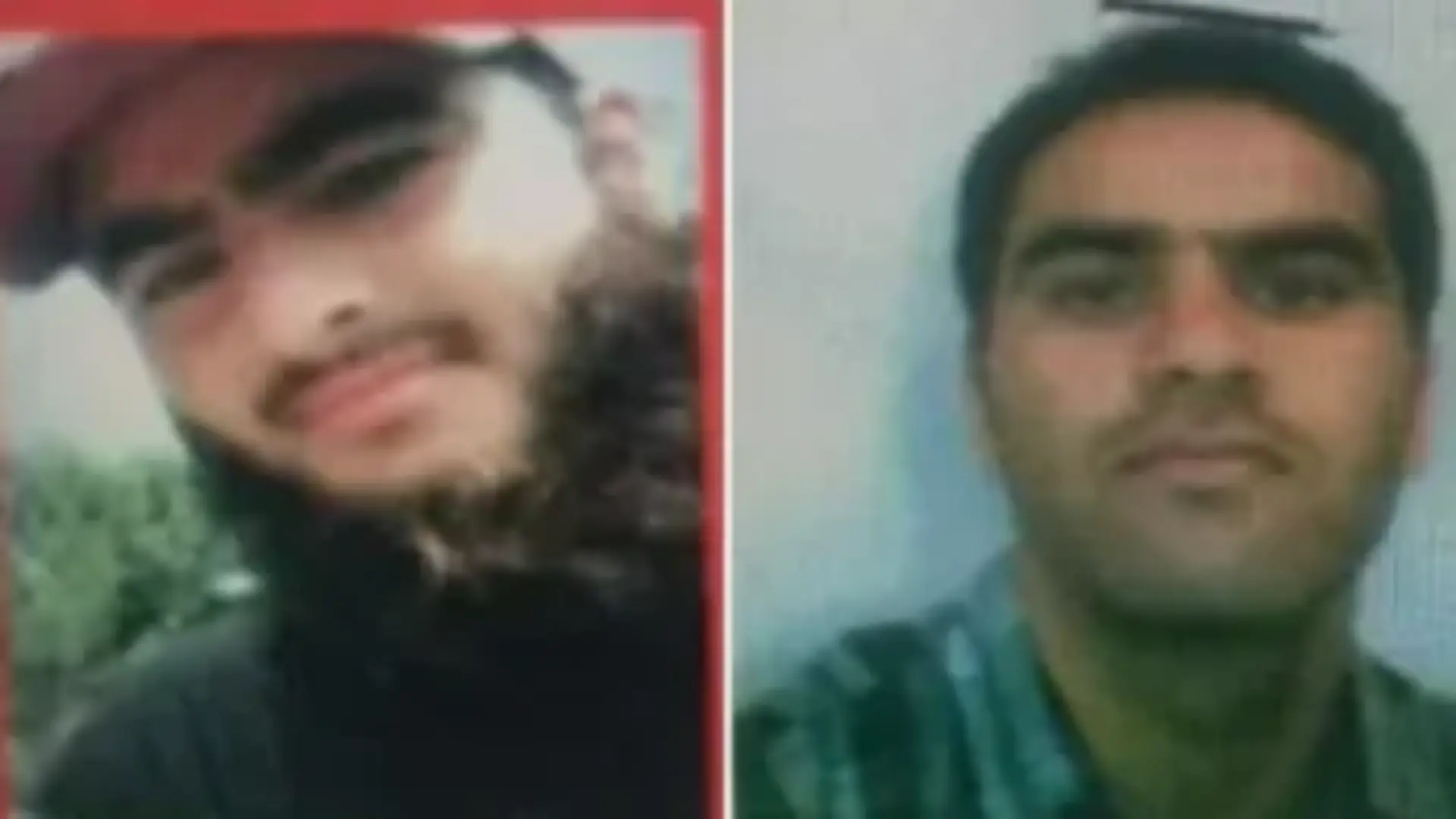The ongoing battle over the Municipal Corporation of Delhi’s (MCD) Standing Committee election has ignited a political storm between the Aam Aadmi Party (AAP) and the Bharatiya Janata Party (BJP), with Lieutenant Governor (LG) VK Saxena’s intervention adding fuel to the fire. The crux of the dispute centers on the timing and manner of the election for a crucial sixth seat on the Standing Committee, a body that controls significant financial decisions in Delhi.
Initially, Delhi Mayor Shelly Oberoi adjourned the election scheduled for September 26 to October 5, citing protests from AAP councillors over a mobile phone ban during the voting process. However, late on September 26, LG Saxena overturned this decision and directed the MCD Commissioner Ashwani Kumar to hold the election by 10 p.m. that night. When the election did not take place, it was rescheduled for 1 p.m. on September 27, with the LG appointing Additional Municipal Commissioner Jitender Yadav as the presiding officer in the absence of the Mayor.
AAP leaders have called this move “illegal and unconstitutional,” arguing that only the Mayor has the authority to convene and preside over such sessions. Former Deputy Chief Minister Manish Sisodia accused the BJP and LG of attempting to “murder democracy” by forcing an election in the absence of AAP councillors. He likened this to similar political tactics used in Chandigarh’s mayoral election, suggesting that the BJP seeks to exploit AAP’s absence to gain control over the Standing Committee.
This election is critical because the Standing Committee plays a key role in approving financial proposals and projects in Delhi, including those related to urban development and sanitation. The vacant seat was left by BJP councillor Kamaljeet Sehrawat, who was elected to the Lok Sabha. Currently, the Standing Committee comprises three AAP and two BJP members, making this election crucial for both parties to gain a majority.
Complicating matters further are the recent defections of AAP councillors to the BJP. Three councillors switched sides just before the election, narrowing AAP’s lead in the MCD House from 125 to 113 councillors, raising concerns about cross-voting and shifting political allegiances.
The controversy over the Standing Committee election reflects broader tensions between AAP and the BJP over control of Delhi’s governance, with each side accusing the other of undermining democratic norms. The LG’s involvement has only intensified the conflict, as AAP leaders continue to challenge the legality of his orders.
Also read: Manish Sisodia: BJP Fabricated ‘Liquor Scam,’ Says Supreme Court Proved Them Wrong
This ongoing political struggle has implications not just for local governance but also for the broader political landscape in Delhi, where both parties are battling for control over critical civic functions. The outcome of the election will likely shape the future trajectory of urban governance in the capital.

